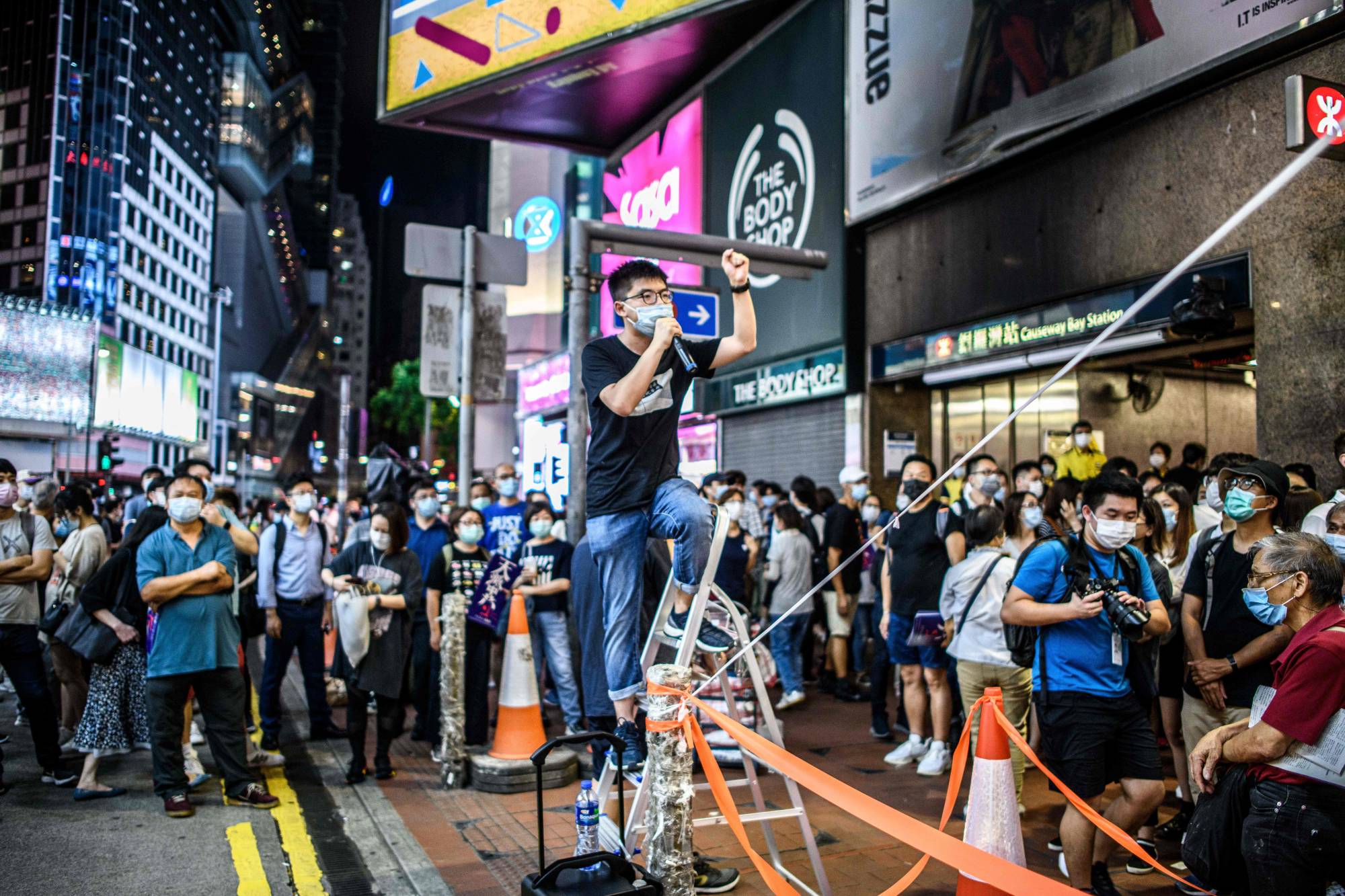Hong Kong, already grappling with tightened policing to rein in widespread protests that followed last year's proposed extradition bill, is now bracing for the prospect of stricter digital controls — ones that would curtail free speech, communications and the ability to organize and turn the city of 7 million into a surveillance state that more closely resembles mainland China.
In recent years, law enforcement has deployed tens of thousands of closed-circuit television cameras in Hong Kong’s streets and shopping malls, used broad warrants to crack into the mobile phones of protesters and deployed facial recognition software that can identify activists in massive crowds.
Now, residents and activists worry that proposed national security legislation will further encroach on civil liberties, as part of a continuing effort by Beijing to exert its influence over the former British colony. Residents have already watched with concern past efforts to curb online speech. A similar bill proposed and later withdrawn in 2003 would have punished those who published seditious material with up to seven years in prison.



